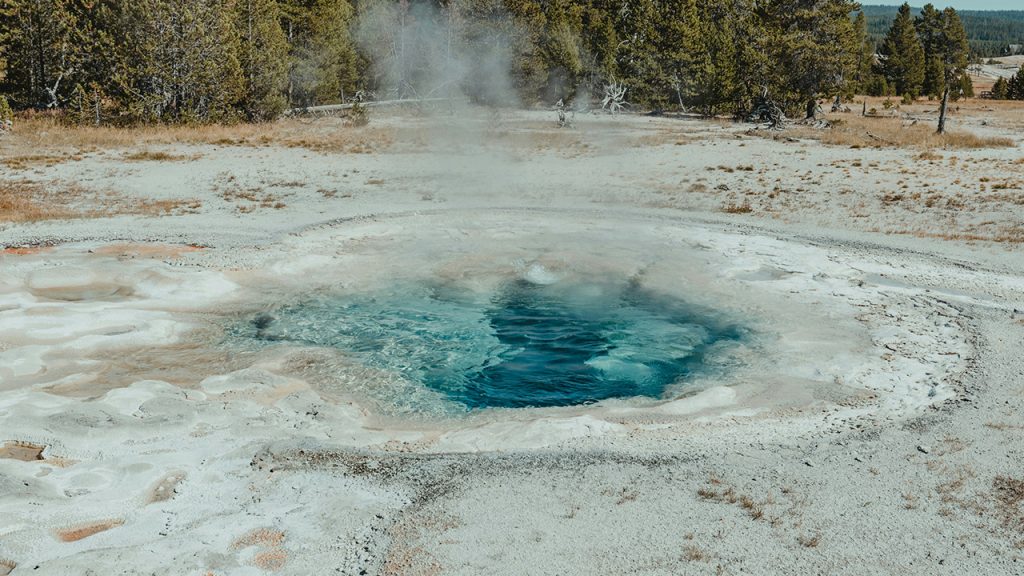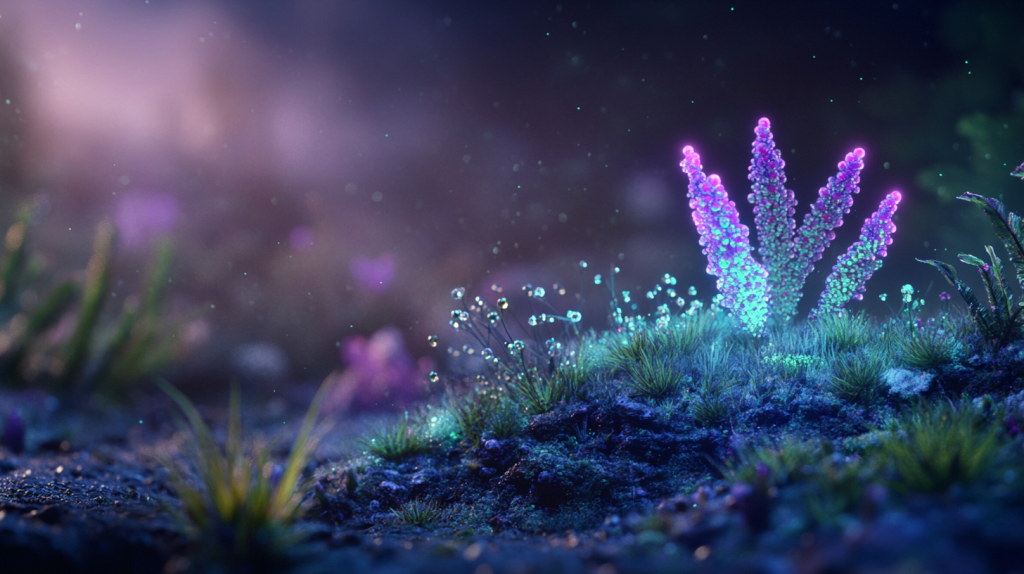I’ve always been fascinated by the idea that we’re not alone in the universe. With billions of planets scattered across galaxies, the possibility that life might exist somewhere else is thrilling to think about. Over the years, scientists and thinkers have come up with some mind-bending theories about how life could exist beyond Earth. Some are based on the harsh realities of biology and physics, while others are the stuff of pure imagination, pushing the boundaries of what we think is possible.
In this list, I’ve rounded up twelve of the most captivating theories that explore the potential for life on other planets. From the eerie silence of the Fermi Paradox to the wild concept of panspermia, each theory adds a piece to the puzzle of whether we’re alone in the cosmos or not. Let’s get into it!
1. The Fermi Paradox: Why Haven’t We Found Anyone Yet?

The Fermi Paradox asks a simple question: if the universe is so vast, where is everybody? Given the age and size of the cosmos, many scientists think that intelligent life should have already made contact with us. But so far, it’s been quiet. The paradox explores possible reasons for this silence, from the idea that advanced civilizations might self-destruct, to the unsettling thought that they’re deliberately avoiding us.
2. The Goldilocks Zone: The Sweet Spot for Life

The Goldilocks Zone refers to the area around a star where conditions are just right—not too hot and not too cold—for liquid water to exist. Water is key to life as we know it, so planets in this zone are prime candidates for hosting living organisms. Earth is in the Goldilocks Zone of our solar system, but there are many other planets out there that fall into this range, sparking hope for extraterrestrial life.
3. Panspermia: Life Came From Space

Panspermia is the idea that life didn’t start on Earth at all—it came from somewhere else. According to this theory, microscopic life forms could travel between planets, hitching rides on comets or asteroids. Some scientists even speculate that life on Earth might have originated from another planet, making us all “aliens” in a sense!
4. Extremophiles: Life Thriving in the Harshest Conditions

Here on Earth, we’ve found organisms called extremophiles that can survive in environments that were once thought to be completely uninhabitable—like boiling hot springs, deep ocean vents, and even the frozen tundra of Antarctica. This discovery has expanded our understanding of where life might be found, leading to speculation that similar life forms could exist on other planets with extreme conditions.
5. The Drake Equation: Estimating the Number of Civilizations

The Drake Equation is a famous formula developed by astronomer Frank Drake to estimate the number of advanced civilizations in our galaxy. The equation factors in things like the number of stars, the number of planets with the right conditions, and the likelihood of life evolving. While it’s mostly used as a thought experiment, the Drake Equation has sparked ongoing debates about how common—or rare—alien life might be.
6. The Multiverse Theory: Life in Parallel Universes

The multiverse theory suggests that our universe might just be one of many, each with its own set of physical laws. If this is true, life could exist in parallel universes with completely different environments and rules of biology. The idea is highly speculative, but it’s an exciting thought that somewhere out there, life forms might be thriving in a world with different dimensions or timelines.
7. Shadow Biosphere: Life We Haven’t Detected Yet

The shadow biosphere theory proposes that life on Earth might not be the only type of life here. It suggests there could be forms of life that we haven’t detected because they’re based on entirely different biochemistry—using something other than DNA and RNA. If such life exists on Earth, it raises the possibility that similar “shadow” organisms might be thriving on other planets without us even realizing it.
8. The Zoo Hypothesis: Earth Is Being Watched

According to the zoo hypothesis, advanced extraterrestrial civilizations might be fully aware of us, but they’re deliberately avoiding contact. Much like how we observe animals in a zoo, these civilizations could be watching us from a distance, waiting for us to reach a certain level of technological or social development before revealing themselves. It’s a strange but fascinating way to explain why we haven’t made contact yet.
9. Silicon-Based Life: A Different Kind of Biology

While life on Earth is carbon-based, some scientists believe that silicon-based life could exist on other planets. Silicon is similar to carbon in its ability to form complex molecules, leading to speculation that it could serve as the foundation for alien life. If silicon-based life exists, it could have entirely different biological processes from anything we know.
10. The Rare Earth Hypothesis: We Might Be Special

The Rare Earth Hypothesis argues that complex life forms like those on Earth might be extremely rare in the universe. According to this theory, the combination of factors that make Earth habitable—such as its size, distance from the sun, and the presence of a large moon—are so unique that life elsewhere might be limited to simple organisms. It’s a sobering thought, but it’s one that keeps scientists searching for those rare planets that might just have similar conditions.
11. Dark Biosphere: Life in the Depths of Space

The dark biosphere theory suggests that life might exist deep within the subsurface layers of planets or even in the voids of space itself. While this might sound like science fiction, there are organisms on Earth, such as bacteria, that can live in complete darkness, miles underground. Could similar life forms be hiding beneath the surface of planets like Mars or Europa?
12. Quantum Life: Life Operating on a Different Scale

Quantum life is a theory that life might exist on a scale so small that it operates according to the rules of quantum mechanics. This would make it completely different from anything we’ve ever observed, with life forms made up of particles and waves behaving in strange, unpredictable ways. It’s a wild theory, but if quantum life exists, it could change our understanding of biology forever.
What Science Fiction Gets Wrong About Mars and 23 Other Astonishing Planetary Facts

Our solar system is full of amazing and surprising facts that make each planet unique. From extreme temperatures to giant storms, there’s so much to learn about the planets that orbit our Sun. Here are 24 astonishing planetary facts that will leave you in awe.
Read More: What Science Fiction Gets Wrong About Mars and 23 Other Astonishing Planetary Facts
Ellen has been obsessed with logic puzzles, jigsaws, and cryptograms since she was a kid. After learning she was taught how to play chess wrong by a family friend (so they could win), she joined her school chess club and the rest is history.


